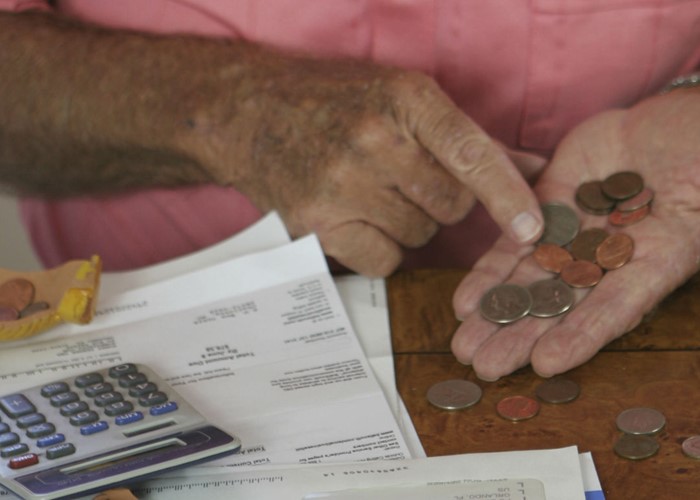Pensioners worried they will run out of money

More than half of retirees still have some form of debt.
Over a fifth of pensioners are worried that they are going to run out of money during their retirement.
Despite the fact the average pensioner household’s income is a comfortable £22,740 a year, 22% are concerned that they are spending their savings too fast according to a new study by MetLife.
The news comes at a time when many pensioners are opting not to get an annuity – which offer a guaranteed income for life – as rates are so low. Instead they are choosing to draw an income from their pension pots.
Dominic Grinstead, managing director of MetLife UK, said that it was "worrying" that so many pensioners are uncertain whether their savings will last through retirement.
“That should act as a wake-up call for those planning to take advantage of pension freedoms – the flexibility is very welcome but they need to ensure they have a guaranteed income for life to enable them to plan for the future,” he added.
Savings and debt
To add to the financial concerns of pensioners, MetLife’s Cost of Retirement index found that 51% of the nation’s over-65s have some form of debt. Nearly two fifths have credit card debt, while 16% are still paying off their mortgages.
Pensioners who have savings are sitting on an average cash pile of £24,100, with a further £42,570 in investments. But nearly one in ten pensioners have no cash savings at all and 45% have no investments.
Is your pension on track? Find out with Plans
Regional differences
The financial state of Britain’s retired population varies across the country, with those in the South East enjoying the highest retirement income at £25,970 and pensioners in Yorkshire and Humberside the most likely to be in debt. Perhaps surprisingly pensioners living in London have the second lowest household income at just £19,800.
|
Region |
Number who fear they’ll run out of money |
Average annual household income |
Number who have debts in retirement |
|
Eastern |
22% |
£19,420 |
41% |
|
London |
27% |
£19,800 |
48% |
|
West Midlands |
16% |
£20,720 |
55% |
|
North West |
18% |
£21,700 |
47% |
|
East Midlands |
22% |
£22,270 |
43% |
|
North East |
18% |
£22,300 |
46% |
|
Yorkshire & Humberside |
32% |
£23,510 |
68% |
|
South West |
12% |
£23,750 |
46% |
|
Scotland |
17% |
£24,750 |
54% |
|
South East |
19% |
£25,970 |
38% |
|
Great Britain |
22% |
£22,740 |
51% |
Is your pension on track? Find out with Plans
More on retirement and pensions:
Government launches pension exit fees probe
Comments
Be the first to comment
Do you want to comment on this article? You need to be signed in for this feature